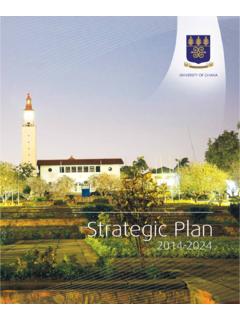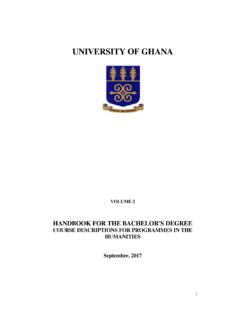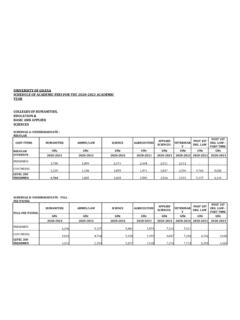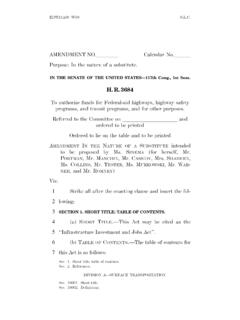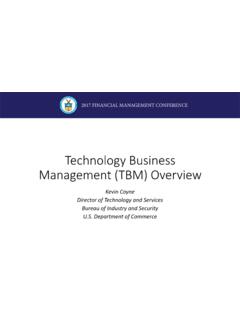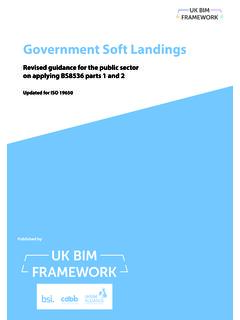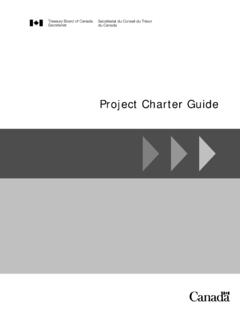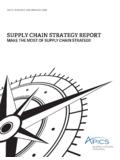Transcription of Strategic Plan - University of Ghana
1 Strategic Plan2014 - 2024 Strategic plan | 1 ContentsPreamble 5 The Planning Process 8 Our Strategic Compass 9 Our Vision 9 Our Mission 9 Our Core Values 9 Our Strategic Priorities 10 Priority 1: Research 12 Priority 2: Teaching and Learning 14 Priority 3: Internal Stakeholders 16 Priority 4: Gender and Diversity 18 Priority 5: Institutional Processes 20 Priority 6: Financial Performance 22 Priority 7: Asset Management 24 Priority 8: Monitoring and Evaluation 26 Priority 9: External Stakeholders 28 University of Ghana Strategic plan One Page Blue Print 30 Conclusion 33 Strategic plan | 3 AbbreviationsACQSDCA cademic Curriculum, Quality and Staff Development CommitteeAQAUA cademic Quality Assurance UnitCITOC hief Information Technology OfficerHRODD Human Resource and Organisational Development DirectorateIRPO Institutional Research and Planning OfficeMAPPM anagement Accounting Payrolls & Pensions ORID Office of Research, Innovation and DevelopmentPA D Public Affairs DirectoratePDMSD Physical Development and Municipal Services DirectoratePro-VC (ASA) Pro-Vice Chancellor, Academic and Student AffairsPro-VC (RID)
2 Pro-Vice Chancellor, Research, Innovation and DevelopmentSGSS chool of Graduate StudiesUGCS University of Ghana Computing SystemsVC Vice ChancellorSTRATEGIC plan | 5 Preamble University of Ghana has undergone significant change since it invited a Visitation Panel in 2006 to review its processes, outputs and outcomes in the pursuit of its core mission. The mission of the University in the context of our last Strategic plan (2001-2011) has been to produce world-class human resources. Since the University Council accepted most recommendations of the Visitation Panel s report, many changes have taken place in the conduct of the University s business and in its relationship with its different publics, especially its students. The last four years have witnessed a University eager to reform in both structure and function with a view to becoming more effective and efficient in the delivery of its programmes and other new Strategic plan (2014-2024) is intended to consolidate the gains made from the review of the University s mission and practices and situate these within the context of a very dynamic environment of higher education in Ghana and beyond.
3 It is anticipated that the way the University is funded will change as a result of expected changes in the public financing of education and in the relationship between the University and the Government of Ghana . It is further anticipated that the demand for other services from the University , beyond the training of minds, will grow as research becomes more and more important to African economies and society. The fact that there are many more universities in Ghana and in Africa should influence the way the University plans for its future. The technologies for teaching and doing research have changed considerably in the last decade and will change even faster in the coming decade, and that should influence our and Future ChallengesUntil recently, University of Ghana faced two major challenges: the overcrowding of its facilities, both academic and residential, and the inadequacy of teaching faculty.
4 The last decade has seen consistent and systematic effort to address these. Much progress has been made in the development of student housing and in the construction of academic buildings, but there is still a long way to go. Graduate students especially, have difficulty finding campus housing, while other students have poor access to water and regular hygienically prepared meals. Opportunities for students to engage in extra-curricular activities are limited by poor organization. Thus inasmuch as student life has improved, it could be far improvements have also occurred in staff capacity through staff development schemes that have resulted in increases in the number of lecturers with PhDs. Currently 63% of all lecturers have PhD compared to 42% ten years ago. But this is nowhere near the target of 100%. A lot more needs to be done in the area of staff research output of University of Ghana faculty members is growing steadily, but it remains far less than that of its natural peers in some African countries.
5 The University is taking steps to address this through various initiatives that support the conduct of research and facilitate the publication of findings in high-impact journals and other relevant outlets. The creation of an Office of Research Innovation and Development has led to significant increases in funding for research from various sources, including internally generated funds. The University needs to step up its research profile extensively, and in the process meet the growing research needs of the country and | Strategic PLANIn the area of governance, there was ample evidence from the Visitation Panel report that decision-making at the University was constrained by too many layers and a committee system that had become dysfunctional. While considerable effort has gone into restructuring University management since then, there is still a lot of work to be done in the area of making committees effective and capable of ensuring action through the administrative and management arms of the University .
6 The development of relevant policies to facilitate the management of the University is crucial and their consistent enforcement vital to the effective delivery of the core mandate. Some progress has been made with the decentralization of the University into four colleges and the preparation of policies and regulations for governance and financial management. The same is currently underway for human resource management. There are still significant challenges with an overly bureaucratic University the University financially sound is important. In the last decade the sources of funding to the University have changed significantly. The Government of Ghana remains a major funder but its support has dropped from being more than 90% of the budget to just over 55% in a decade. The significance of internally generated funds, relying extensively on fees from students, will grow.
7 The challenge will be how to diversify the sources of internally generated funds and reduce the burden on students even as they make a fair contribution. There is therefore the need for a plan on funds mobilization from many different physical development of the University is generally associated with careful planning and the high quality structures it yielded in the early stages of its development. Thus, University of Ghana is known for being one of the most beautiful University campuses in the region. These structures are, however, no longer adequate for the growing needs of the University and have to be added to in a carefully planned manner. Future additions to the University s physical assets must be done with a view to ensuring that land resources are not wasted, but used in an environmentally sustainable manner.
8 Indeed the University must preserve its land and the value of its physical assets for centuries to of Ghana has invested significantly in the expansion of internet connectivity in the last decade. This has indeed improved connectivity significantly, thus allowing our students to have the most extensive student access to the internet in the country. It is important to build on this asset, especially as demand for connectivity increases and the use of new technologies for teaching and research becomes imperative. Developing new ways of interaction between students and faculty make the use of new technologies an essential part of the University s future plans. University of Ghana must continue to expand access to the internet and enhance the use of new technologies in learning, teaching and the University continues to develop new programmes and attract a more diversified clientele, it has to make adequate preparations for the needs and demands of the growing different interests.
9 There will be varied and changing demands along gender, ethnic, religious and disability lines. This wide set of interests provides rich diversity that must be harnessed and cultivated for future growth and development. Developing the appropriate institutional framework for such harnessing must be a major pre-occupation for this University . Some progress has been made with the decentralization of the University into four colleges and the preparation of policies and regulations for governance and financial management. Strategic plan | 7 Developing a VisionIt has become fairly standard for universities around the globe to claim a world class vision. It is often not clear what they mean by that. But that should not take away from University of Ghana an ambition to become world class in a real sense. University of Ghana sees world class as strongly indicative of a process of transformation over many years as opposed to only a defined status at a given point in time.
10 The University wants to transform itself over time to become a research-intensive University serving the growing needs of Ghana and the rest of the region. Being world class suggests a steadily growing ability to attract some of the world s best students and researchers to the University . It means greater recognition of the University s output globally. Being world class also means greater versatility for University of Ghana staff and students. Thus, after extensive consultation, the vision of University of Ghana is presented as becoming a World Class Research-Intensive University over the next decade. Towards a Development StrategyThe main development strategy of University of Ghana to achieve its vision over the plan period is to concentrate work in nine priority areas for which it has developed Strategic objectives and will pursue a coordinated set of actions for their achievement.
